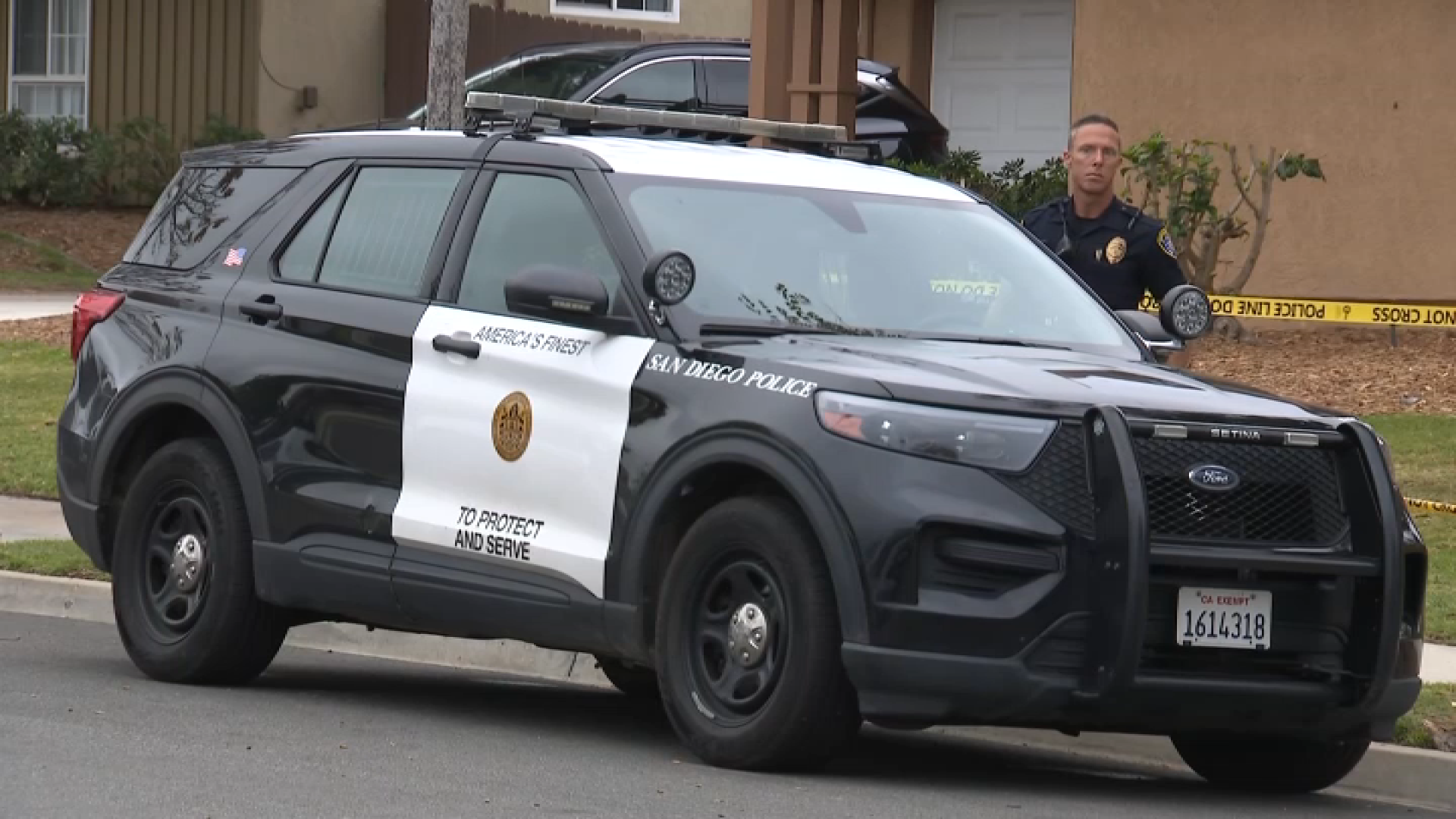During National Public Safety Telecommunicators Week, where the American public honors its dispatchers nationwide, NBC 7’s photojournalist Elroy Spatcher, and reporter, Danica McAdam took a behind the scenes look at how Oceanside has continued to answer emergency calls despite answering their fellow dispatchers’ own 911 calls.
“We are a very close work family,” said Bonnie Stuffer, Oceanside Dispatch Center’s Public Safety Communications Manager of two decades.
Stauffer shares the highs and lows of the job, including the personal hardships her own center has faced since last March.
“We have had some real tragedies in this last year,” said Stauffer. “I had two of my dispatchers who lost their husbands; one had a heart attack in March of 2018 and one (another husband of a dispatcher) who was killed by a drunk driver on the first of the year.”
They also lost one of their dispatcher team members, Bretta Gregory.
“Brett (short for Bretta) has been with us for 13 years,” said Stauffer. “She lit up a room. Brett would walk in and never a frown on her face, loved by all.”
NBC 7 covered Gregory’s fatal accident in November 2018, just after Thanksgiving as she was driving to visit family. One time, while on the job she saved a co-worker who was choking.
Local
“The call came into our dispatcher center when we lost Brett. And they were talking to our dispatcher saying ‘Hey we got somebody here, who has been killed, and it’s your partner.”
Even with all their training, the center struggled to disconnect from that call. However, that is part of their training, to be able to move from call to call, no matter the range of emotion they endure.
Stuffer said that is why they treat each other like family because they need each other. One of Stauffer’s dispatchers, Nita Powell even raised a daughter who became a North County dispatcher, Olivia Hoyt. Hoyt used to go to work with her mother in elementary school.
“I just thought her job was fascinating,” said Hoyt. “I would wear a headset… I was so anxious, I thought she had the coolest job.”
“I am so proud of her,” said Powell. “But this job comes with costs.”
Which, Hoyt quickly learned.
“I took a SIDS death for a baby and we did CPR on the phone,” described Hoyt.
Despite her instruction over the phone, the baby died.
“I remember saying to the father, do you have any other children in the house? You’ll want to get them out.” Hoyt became emotional recounting the details of the difficult call. She also had a baby at home, Ben, and was pregnant with her son Jack at the time.
“I just remember getting off that call, going to the bathroom stall and calling my husband at 3:30 in the morning and wanting him to go check on Ben, because I had a child in my stomach and I had one at home and they were close to the same age (as her previous call) and just wrecked my heart.”
She was able to put her emotions on hold for that call, but credits her mother for the strength to get through it and all her emergency calls on the job.
“I think whatever was given to my mom, her ability to speak to people, to calm somebody, to use that voice that is going to snap someone out of hysterics and get them to go into action, and to respond, she gave that to me,” said Hoyt.
“It’s a very overwhelming job but there is also something about being able to say ‘We are on our way, help is on the way,’” said Powell.
Stauffer and Powell said during their trainings, only about one third of the group can handle the calls.
“I have to tell you it has been a very difficult year for all dispatchers, and yet they are still all here answering those phones,” she said.
She asks we remember, when we call 911, we consider the dispatchers have also suffered, are also human, and have also had to call 911.



